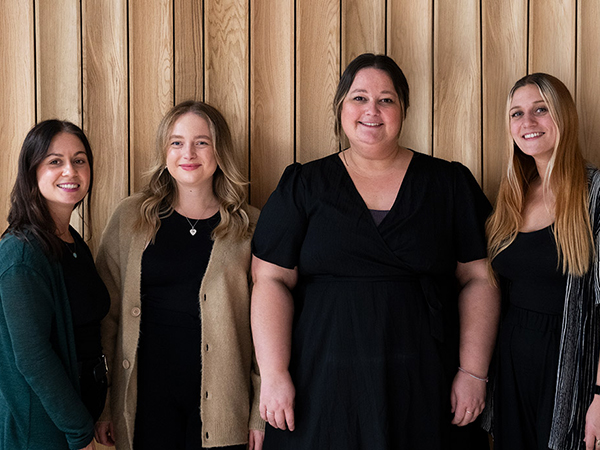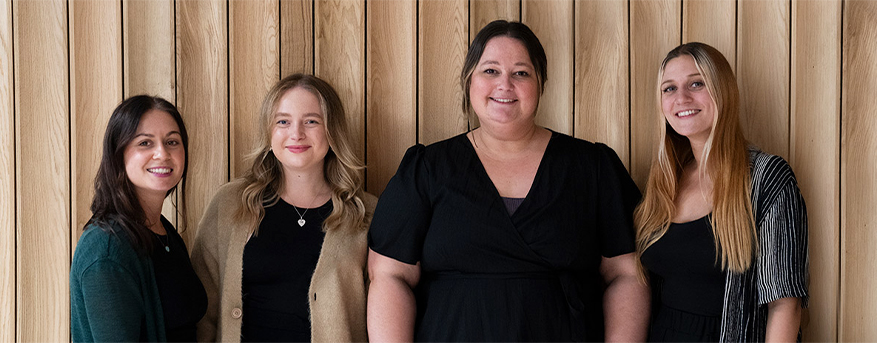Best time to visit Singapore

You could escape the heat and rain in an air-conditioned mall, although you'll be much better off under an umbrella or coconut palm on Changi Beach boardwalk.![]()

Thanks to Singapore's equatorial location, it is fairly hot and humid all year round with slightly more rain from Nov-Jan and slightly more heat in May-Jun. The best time to visit Singapore to experience its multicultural heritage is during Diwali (mid-Oct to mid-Nov) or late Jan for Chinese New Year, when Little India and Chinatown really come to life in a blaze of colour and celebration. Although afternoon rain can be a daily occurrence it's often over as soon as it’s started and won't dampen the spirits if you've packed a brolly or ducked for cover in a mega mall or covered market.
Singapore Weather Chart
MIN °C
MAX °C
RAIN (mm)
JAN
22
28
200
FEB
23
30
177
MAR
23
31
198
APR
23
31
201
MAY
24
31
176
JUN
25
31
157
JUL
24
31
156
AUG
24
30
166
SEP
24
30
172
OCT
24
30
198
NOV
24
31
246
DEC
23
29
272
Things to do in Singapore
Things to do in Singapore...
Things not to do in Singapore...
Our top trip
Singapore and Lombok holiday
Sultry Singapore and a relaxing week on the beach.
From
£3575
13 days
inc UK flights
Tailor made:
This trip can be tailor made throughout the year to suit your requirements
This trip can be tailor made throughout the year to suit your requirements
Contact Us

Call us for a chat about our holidays. We are happy to discuss your holiday and help in any way we can. No bots, queues or awful hold music.
01273 823 700
Call us until 6pm
Calling from outside the UK

SINGAPORE TRAVEL ADVICE
Michael Voss, product executive at Regent Holidays, shares advice, recommendations and personal experiences from Singapore:
Getting around
“It’s very easy to get around Singapore with a modern and efficient subway system operating from 5.30am to midnight in addition to regular trains on the MRT (Mass Rapid Transit). There are five colour-coded MRT lines which are easy to navigate and cover all the highlights including the outlying suburban areas. Prices are cheap – from £0.80 to £1.40 or you can get a Singapore Tourist Pass with unlimited train and bus travel for £5.65 a day.”
Foodie heaven
“Chinatown is one of the most visited heritage districts in the city, and during a half-day organised foodie tour you’ll pass around 300 food stalls and typically taste up to ten different dishes.”
Cultural highlights
“As a trading port, Singapore doesn’t really have ‘one true culture’ but is more a melting point for different nationalities including British, Dutch, Chinese, Indian and Malay. Most local inhabitants of modern Singapore have Chinese roots and so Chinatown is probably the heart of Singapore’s culture, whilst north of the Singapore River colonial-era architecture, such as Raffles Hotel, links back to the early 1800’s.”Craig Johnstone, from our supplier Audley Travel, shares some of his Singapore memories and recommendations:
Singapore specialties
“In order to experience the best of Singapore's cuisine I'd suggest the Newton food centre. Here you’ll find everything from satay and chili Crab (Singaporean specialty) to classic chicken and noodle dishes as well as one of the world's few Michelin-starred food vans. For a nightcap you can either grab a Singapore Sling at Raffles or a signature cocktail at the Fullerton's rooftop bar although a bottle of Tiger beer around a food truck can be just as enjoyable.”
Where to walk
“Labrador Nature Reserve, on Singapore’s south coast, has several walking trails leading past old WWII bunkers and gun turrets with some great views out to sea from the island’s only cliff edge. For city views, the 9km Southern Ridge Trail, which links the connecting parks of Mt Faber, Telok Blangah Hill and Kent Ridge, is an inland alternative, especially when experienced after an early start.”
Stopover option
"We usually recommend Singapore as a stopover destination en route to Borneo, Indonesia or Australia. I’d say three nights is long enough to experience the highlights and enjoy the food.”Beach options
“Singapore isn't renowned for its beaches but there are a couple of options: Sentosa and Changi. Sentosa is a busy island to the south of Singapore with a number of large hotels and amusement parks whereas Changi, on the east coast, has more of a local scene for picnics and coastal walks.”Festivals
“Chinese New Year and National Day (9th August) are the big festivals in Singapore, but lots of other food and drink events celebrating local culture and the arts take place throughout the year.”











